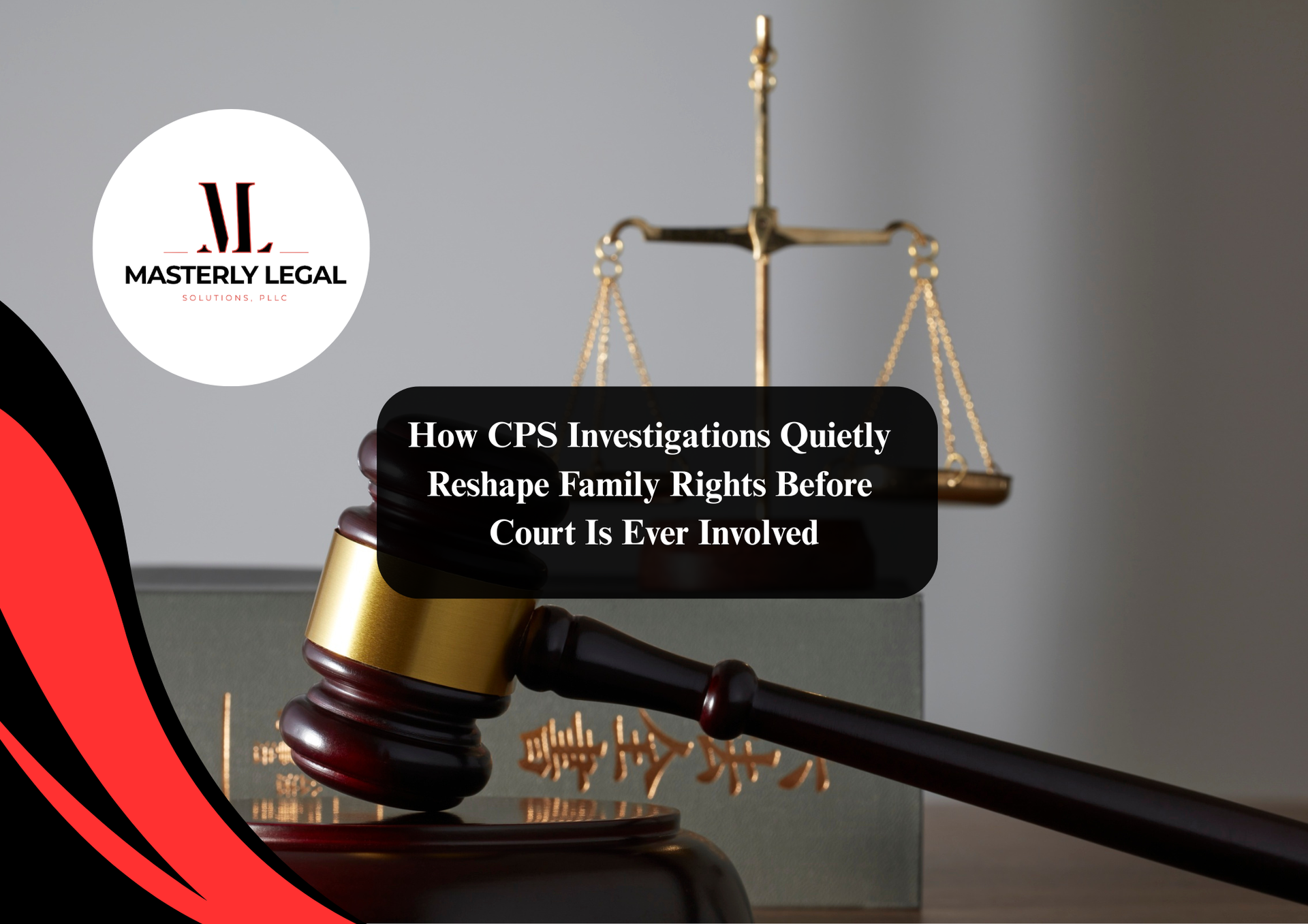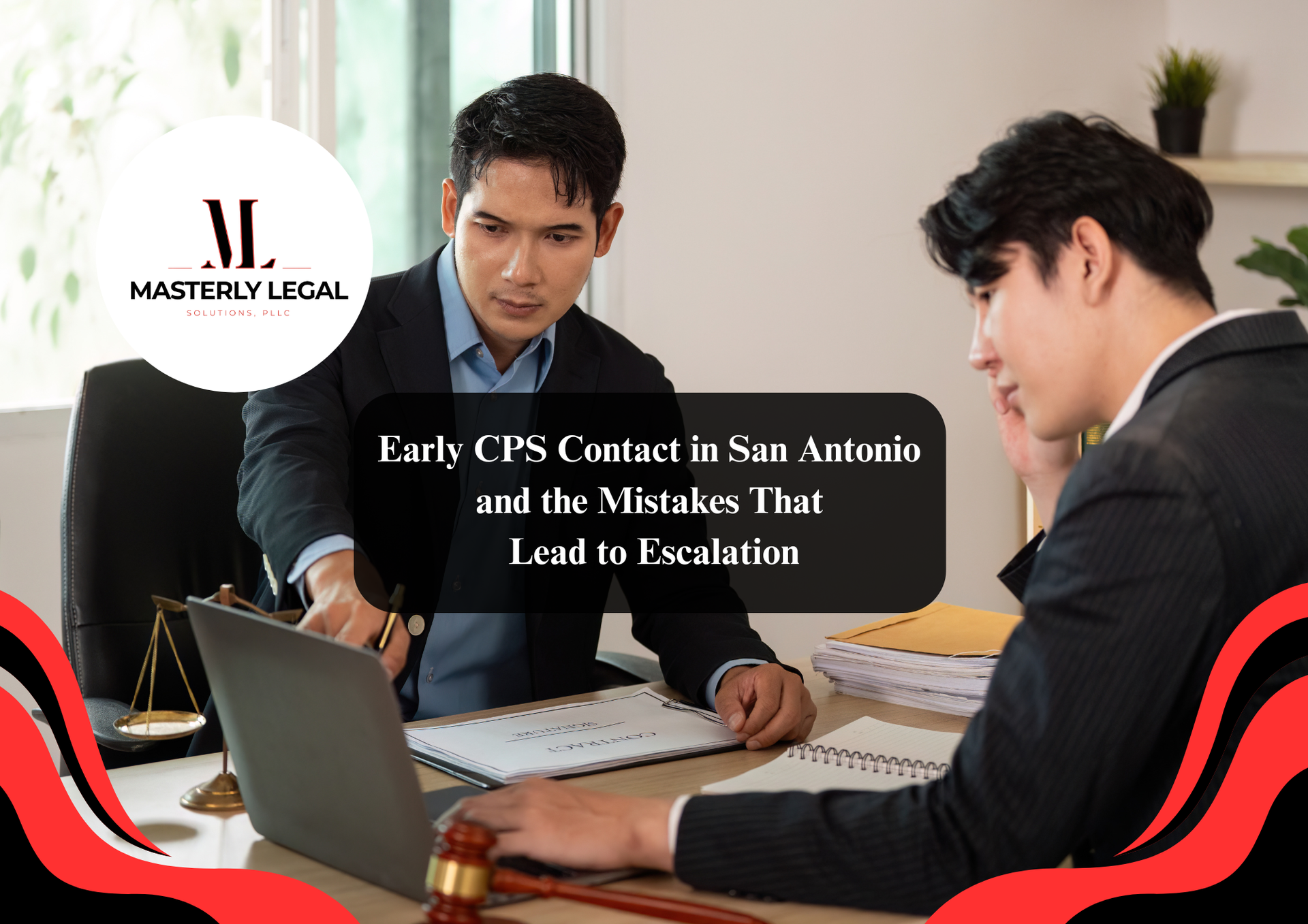The Estate Planning Shortcut That Could Cost Your Heirs: Transfer on Death Deed vs. Revocable Living Trust
Estate planning is a critical aspect of preparing for the future, ensuring that your assets are distributed according to your wishes when you pass away. Many people consider a transfer on death deed (TOD Deed) an easy solution for avoiding probate. While this may seem like a simple shortcut, it could lead to complications for your heirs. In this article, we’ll explore the differences between a transfer on death deed and a revocable living trust, and explain why the latter may be a more reliable tool for comprehensive estate planning.
What is the Difference Between a Transfer on Death Deed vs. Revocable Living Trust?
A transfer on death deed allows a property owner to name a beneficiary who will inherit the real estate upon the owner's death, without going through probate. However, it only applies to the transfer of real estate and does not address other aspects of an estate plan, such as personal property, financial accounts, or managing assets in case of incapacity.
On the other hand, a revocable living trust is a legal document that holds assets for the benefit of the beneficiary. The trustee manages these assets during the owner’s lifetime and after their death. A living trust offers flexibility, allowing the owner to modify or revoke the trust during their lifetime. Unlike a TOD deed, a revocable living trust applies to a wide range of assets, including real estate, bank accounts, and personal property, ensuring a comprehensive approach to estate planning.
The Death Deed's Transfer Limitations
While a transfer on death deed may seem like a convenient way to pass on real estate, it comes with several limitations:
- It only applies to real estate and not to other assets.
- If the beneficiary dies before the property owner, the property could still go through probate.
- It may not provide clear directions in cases where multiple beneficiaries are involved.
- A TOD deed does not address the management of assets if the property owner becomes incapacitated.
These limitations highlight the risk of relying solely on a TOD deed for your estate plan.
The Comprehensive Benefits of a Revocable Living Trust
A revocable living trust offers several advantages that a transfer on death deed cannot:
- Avoid Probate: A living trust allows assets to pass to beneficiaries without going through probate, including real estate, bank accounts, and other valuable assets.
- Incapacity Planning: A revocable trust provides a plan for managing your assets if you become incapacitated, ensuring that a designated trustee can take control of the trust property without court intervention.
- Flexibility: You can modify or revoke the trust at any time during your life.
- Privacy: Unlike probate, which is a public process, the distribution of assets through a living trust remains private.
By choosing a living trust, you are creating a more flexible and secure estate planning tool that can protect your assets and reduce the stress on your heirs.
Why a Transfer on Death Deed May Not Be Enough
While a transfer on death deed seems like a straightforward way to avoid probate, it only offers limited protection. It does not help with managing assets like bank accounts, personal property, or investments. If you want to avoid probate and ensure your entire estate is handled according to your wishes, a living trust is often the better option.
A revocable living trust is designed to manage all of your assets, not just your real estate. It also provides clear instructions for the distribution of your assets after your death. Additionally, a living trust can help in cases where a property owner becomes incapacitated, allowing a designated trustee to manage the trust property.
Why You Should Choose a Revocable Living Trust Over a Transfer on Death Deed
In summary, while a transfer on death deed can help with real estate, it doesn’t provide the flexibility, control, or asset protection that a revocable living trust offers. If you are serious about protecting your estate and ensuring that your heirs avoid probate, a living trust is the better choice for comprehensive estate planning.
Speak with Us for Professional Legal Advice
For those with questions about transfer on death deeds vs. trusts, Masterly Legal Solutions is here to help. We offer expert legal counsel and can provide you with the answers you need to make informed decisions for your estate. Contact us today for a free consultation at (972) 236-5051.
Our offices are located in Dallas, Austin, Houston, and Grand Prairie, and we proudly offer mobile in-home services throughout most of Texas. Whether you need assistance at our offices or in the comfort of your home, our team is ready to support you with personalized legal solutions.
Please note: that this article is for educational purposes only and does not constitute legal advice. For specific legal advice regarding your situation, we encourage you to speak with us directly.
Frequently Requested Questions
What is the main difference between a Revocable Living Trust and a Transfer on Death Deed?
The main difference lies in the way they handle your estate. A Revocable Living Trust is a comprehensive estate planning tool that allows you to manage your assets during your lifetime and distribute them after your death without going through probate. A Transfer on Death Deed, on the other hand, is a simpler document that transfers real estate directly to a beneficiary upon your death, bypassing probate.
Why should I consider using a Revocable Living Trust to keep my real estate out of probate?
A Revocable Living Trust helps keep your real estate out of probate by transferring ownership of your property to the trust. This means that upon your death, the property can be distributed to your beneficiaries according to the terms of the trust, without the need for court involvement.
Are Tranfer on Death Deed available in every state?
No, not all states have access to Transfer on Death deeds. The availability of Transfer on Death Deeds varies by state, so it's important to check your state's laws or consult with an estate planning attorney to see if this option is available where your real estate is located.
Can I use both a Transfer on Death Deed and a Living Trust for estate planning?
Yes, you can use both a Transfer on Death Deed and a Living Trust as part of your estate planning strategy. This can provide greater flexibility and ensure that different types of assets are handled according to your wishes.
What are the advantages of a Revocable Living Trust over a Transfer on Death Deed?
A Revocable Living Trust offers several advantages over a TOD Deed, including greater control over your assets, the ability to manage and distribute a wider range of assets, and protection from probate. Additionally, a trust may provide more comprehensive planning for incapacity and can include provisions for managing assets if you become unable to do so yourself.
How can I create a Transfer on Death Deed?
To create a TOD Deed, you'll need to complete the necessary legal forms for your state and file them with the appropriate county office where your real estate is located. It's often a good idea to consult with an estate planning attorney to ensure the deed is properly executed and recorded.
What happens to my bank accounts if I only have a Transfer on Death Deed?
If you only have a TOD Deed, your real estate will transfer to your named beneficiary upon your death, but it won't cover your bank accounts. To ensure your bank accounts are also transferred without probate, you can set up TOD or POD (Payable on Death) designations on those accounts.
Can a Transfer on Death Deed account be used for assets other than real estate?
Yes, a TOD account can be used for various types of assets, including bank accounts, investment accounts, and other financial assets. This allows these assets to transfer directly to your named beneficiaries upon your death without going through probate.
Is a Revocable Living Trust more expensive to set up than a Transfer on Death Deed?
Generally, a Revocable Living Trust is more expensive to set up than a TOD Deed due to its complexity and the comprehensive nature of the trust. However, the additional cost may be worthwhile for the added control and protection it provides for your estate.
Should I consult an estate planning attorney to choose between a Transfer on Death Deed and a Revocable Living Trust?
Yes, consulting an estate planning attorney is a good idea when deciding between a Transfer on Death Deed and a Revocable Living Trust. An attorney can help you understand the pros and cons of each option, ensure your documents are properly executed, and tailor your estate plan to meet your specific needs and goals.
Looking for Legal & Business Solutions? Contact Us Now
Fill in the form or call us to set up a meeting














